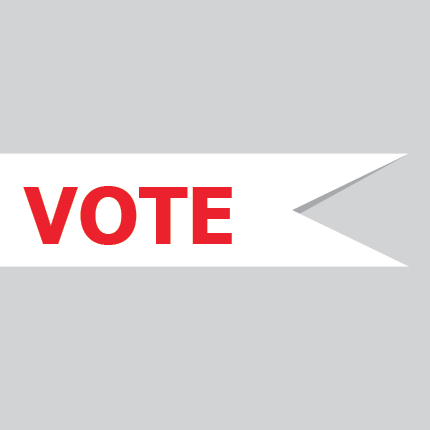Interviewed by Michael Scoular.
Since many students will be voting for the first time, what would you describe as the role of municipal politics? What can city councillors actually do?
Municipal politics is the level of government that most affects us all in our daily lives, so everything from the minute you wake up, flushing the toilet, to getting on the road, driving, municipal government is in charge of all of that. From the cost of the pools, to the libraries, library fees, all of those is covered under municipal government. They do a lot. The problem with municipal government is that it doesn’t get as much media attention as provincial or federal, so nobody pays attention to it.
Who do you view as your constituents?
The voting population that I’m going after is anyone that doesn’t fit under the general white, upper-to-middle-class male social demographic. So I’m looking forward to representing everyone of minority, whether it’s visible or non-visible minority.
How will you receive the views of the entire population instead of just those most active around City Hall?
We forget a lot about politics as not only representing the people, we [also need to be] participating in places where they feel comfortable approaching you and talking about their issues. Because there has been and there is that tendency of building walls around politics and kind of building that ivory tower concept which disenfranchises people. They think their voice doesn’t matter because they don’t have the education or the knowledge to pursue it.
So what would you do to make sure that doesn’t happen?
Maintain a public profile. Social media is huge, especially with people under 40. And that’s how a lot of younger people are accessing information, and not only accessing their information, but also participating, so taking Facebook forums or pages and working with that, as opposed to some of the traditional means of getting public engagement or public information like having a meeting for people to come. We are living in a more clicktivism kind of world.
Are you doing anything to address the lack of student interest in local politics?
Yes! Appealing to the young people. I have a campaign video as well with no words, just shot in different places in Mission because sometimes the rhetoric of politics gets confusing because nobody answers any questions. So I like to keep it simple. People won’t vote if they don’t find value in it.
The importance of being a young person and voting is huge because we represent a huge portion of the community. And if, let’s say 10 per cent of the young people were to come out and vote, that would completely shift municipal, provincial, and federal politics. We’d have more young people asking those questions. We’d have young people looking at technology, because we are the technology age and looking at how technology can integrate better with the systems that we have right now. And those questions aren’t being asked, because the people in charge of our city, country, province haven’t grown up with that. So it’s very important that we as young people come out and participate.
If elected, how would what you want to do as councillor be different from what council is already doing?
Ask those questions that aren’t being asked. So like when the OCP [Official Community Plan] is coming out — how cities are designed in the future. Businesses look at OCP and see where the council and the city wants to grow and see if their business can work within that. Not only is it important for the business sector, but it’s also important for how we design cities, whether we design it to be more sustainable, whether we design it around not having the car, because so much of our planning is designed around the automobile, the automobile and 2.5 children. So that’s how everything is designed. But we need to start looking at other ways, we need to start looking at single-parent families, what do people that don’t want to get married, that live singly [want]. We want to look at how far away grocery stores are for people that can use public transit or people that need to walk. And those are the questions that I want to not only bring to the table, but help bring forward and represent those people that require those.
Do you have a specific project you want to prioritize or bylaw you want to change?
There’s a lot. So everything from having a clothesline restriction in the major cities. What happens is you for example, when you have a clothesline bylaw, it means that you can’t have a clothesline outside of your house. What that does is it was originally created to kind of pretty up the neighbourhood, but at whose cost?
People that are concerned about the environment, about using electricity, those people are also falling under the table because they can’t put up a clothesline. People that can’t afford to dry their clothes also require clotheslines. So simple things like that.
Having chickens in rural, municipal areas is another thing. Long time ago, they decided, “Well, we’re building a city, we need to make it pretty, so let’s not have micro-agriculture in cities.” So it’s looking at all of those and addressing them and asking the questions: “Is this valid for us to move forward with?” So that’s what I want to do. Nothing specific, but just like a general overhaul of how we work with each other and live together.
This interview has been edited for length and clarity.


